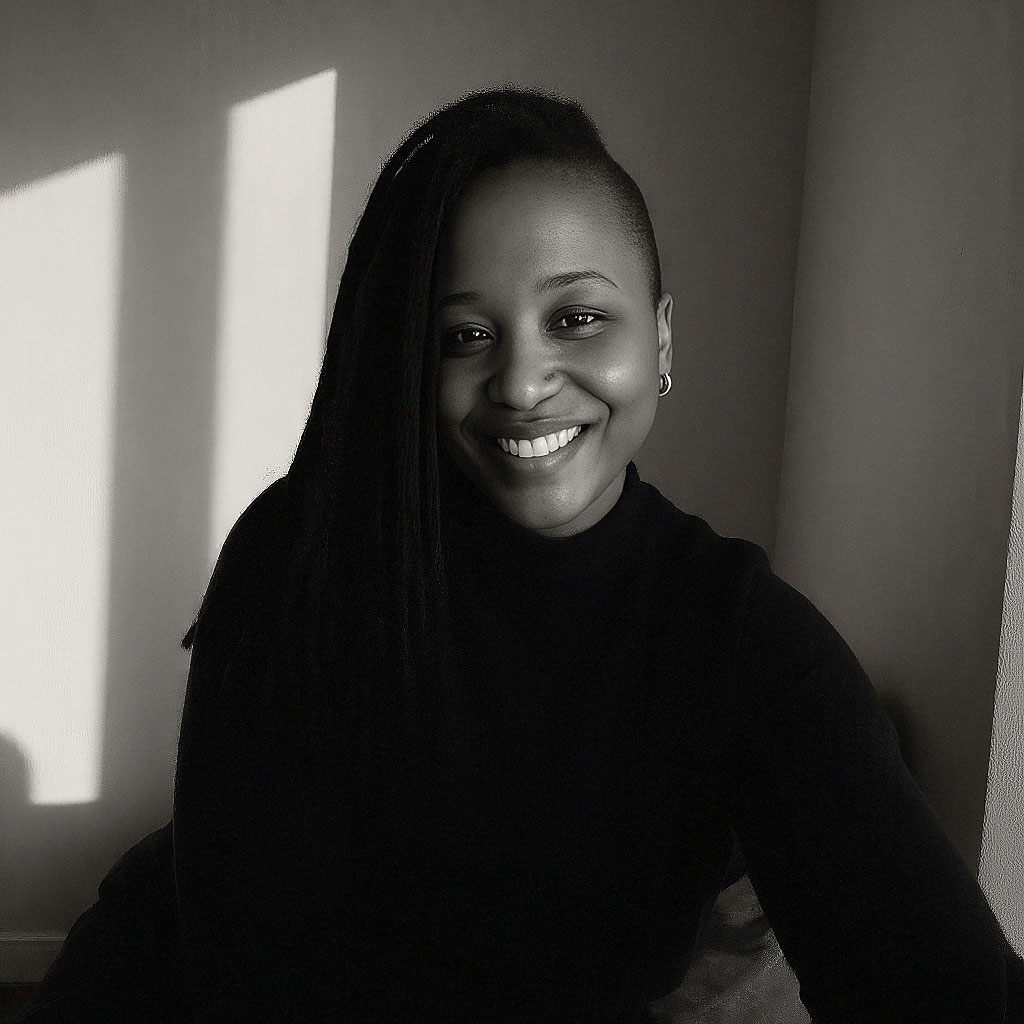DepthNotes
My Personal Journal of Topics I Love in
Psychiatry, Story, and Soulwork

Migration Stress and the Immigrant Psyche
Migration Stress and the Immigrant Psyche: Psychiatry Between Worlds
"Your story is sacred. Together, we honor your roots and help you write the next chapter with clarity and strength."
Uprooting and Re-rooting: The Grief of Leaving "Home"
Migration isn’t just about paperwork and flights. It’s about the invisible grief that follows you, even after the bags are unpacked.
You may have chosen to leave, but even chosen departures come with heartache.
The sound of your mother tongue echoing in the streets... The smell of familiar spices from your childhood kitchen... The way people just knew how to understand you, without you having to explain a thing.
That kind of loss doesn’t show up on a checklist. But your soul knows it.
And sometimes, what looks like sadness or depression is actually something else: Love. Longing. Loyalty.
You might catch yourself thinking:
"I shouldn’t miss home. This is better."
"If I struggle, I’m being ungrateful."
But here’s a reframe:
Missing home is a sign of deep love, not weakness.
Starting over is a form of grief in motion.
Ritual Invitation: Create a Migration Grief Mood Board on your iPad or notebook. Gather images that remind you of your roots, the oceans you crossed, and the new soil you now walk on. This is your sacred space for honoring both what was and what’s becoming.
Survival Mode: When Your Body Remembers What Your Mind Tries to Forget
If you’ve ever felt like you can’t relax, even in moments of safety, you’re not imagining it.
Many immigrant women live in constant survival mode. Even decades later, your nervous system may still be asking:
"What if I lose everything again?"
"I have to be twice as good."
"There’s no room for error."
This state of high alert can show up as:
Difficulty sleeping
Tightness in your chest
Digestive issues
Restlessness, even in success
These are not flaws. These are signs of a body that’s been through something real.
Your body remembers everything. Even what you tried to forget.
Depth Prompt: If your nervous system could speak in your mother tongue, what would it say?
Let this be the first entry in your Diaspora Healing Journal.
Supportive Practices:
Gentle herbal support (ashwagandha, rhodiola)
Breathwork rooted in your culture’s rituals
Placing a hand on your chest and asking: What would safety feel like right now?
Code-Switching & The Split Self: Living Between Worlds
You may find yourself shape-shifting to survive. One version of you at work. Another at home.
Too American in one space. Not American enough in another.
This isn’t identity confusion.
It’s identity negotiation.
You’re walking the tightrope between generations, between languages, between the person you were taught to be, and the person you’re becoming.
And while that can feel disorienting, it’s not a disorder. It’s the cost of carrying worlds within you.
Creative Prompt: Draw two masks:
The face you wear for the world
The one you hide away
Now fill in the space between them. What do you see? That space is your truth.
When Psychiatry Pathologizes What is Actually Protection
There’s a clinical name for everything these days. But here’s the truth:
What you’re feeling isn’t always pathology. Sometimes it’s protection.
Your brain, your body, they’ve been adapting to stress for years. Yes, it can look like anxiety or emotional overwhelm. But beneath it?
Survival intelligence.
Therapy and medications can help, but only if they walk with your story, not over it.
Your healing should never mute your history.
Reframe to Hold Onto:
Migration stress isn’t a diagnosis. It’s a rite of passage.
You are not ill. You are initiated.
Re-Rooting Through Ritual & Story
At DepthWorks Psychiatry, we see your migration not as a symptom, but as a sacred story arc:
Exile: The leaving (chosen or not)
Liminality: The in-between (where belonging feels blurred)
Return: Not to a country, but to yourself
You are the author now.
Reflection Prompt:
Sketch your migration as a river.
What did you lose in the currents?
What washed up anew on your shore?
Final Thoughts
What if your emotional pain isn’t a mental illness, but your ancestors whispering:
"You are the first to stop and feel."
We honor you for it. And we walk with you from here.

Meet the author
I’m Patria Alexander, PMHNP-BC
I’m an integrative psychiatric nurse practitioner who believes your mental health care should honor you, your story, your culture, your creativity, and the experiences that have shaped who you are. In our work together, we’ll move beyond symptoms to help you reconnect with your identity through narrative, ritual, and visual reflection, so your healing feels personal and lasting.
Join the Depth Notes Mailing List

Receive reflections, updates, and healing stories from the journey ahead.
Mental Health Insights
Curated &
Thematic Galleries
Raising Awesome Humans Program
Coming soon...

